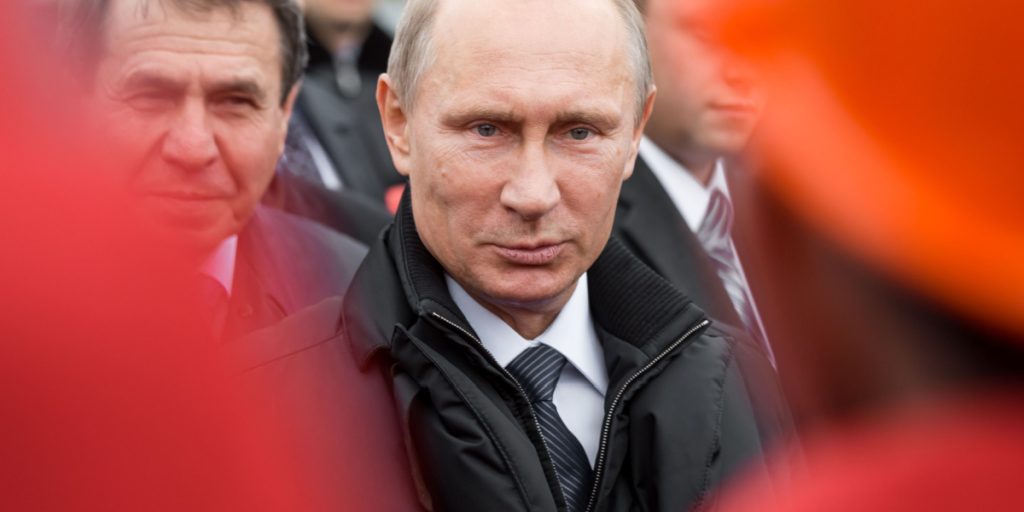Mass Protests in Bashkortostan Challenge Russian Authority Before Elections.
Others are reading now
In the lead-up to the presidential elections in Russia, the Republic of Bashkortostan is witnessing a significant surge in civil unrest. Last Tuesday, the town of Baymak became the epicenter of mass protests triggered by the conviction of local activist Fail Alsynov. Alsynov, known for his environmental advocacy, was sentenced to four years in prison for allegedly inciting ethnic hatred, a charge widely disputed by his supporters and independent media.
According to Dw.com, the demonstration outside the court on the day of Alsynov’s trial was estimated to involve around 10,000 people, indicating the depth of public discontent. The protests, marked by several clashes with police, led to numerous arrests, as reported by independent media sources.
Ignoring the threats of Governor Radiy Khabirov, who branded the protesters as “extremists and traitors,” the demonstrations continued to gain momentum. Khabirov’s warning of decisive action by security forces failed to deter the protesters, who were further galvanized by Ruslan Gabbasov, chairman of the Bashkir National Movement Committee Abroad.
Currently in exile, Gabbasov urged the continuation and expansion of protests across Bashkortostan, calling for a campaign of civil disobedience.
Also read
The controversy surrounding Alsynov stems from his participation in anti-mining protests in Izhmuryzino in spring 2023. His opposition to gold mining projects, allegedly linked to the regional administration, is believed to be the real reason behind his arrest and conviction, rather than the official charge of inciting ethnic hatred.
Bashkortostan, home to over 4 million people, has a significant population of ethnic minorities, predominantly Bashkirs and Tatars. The recent mobilization for the Russian invasion of Ukraine has disproportionately impacted these communities, raising concerns among independent observers about the frequency of conscription and frontline deployment of ethnic minority members.
As the presidential elections approach, the treatment of Alsynov and the ensuing protests represent a challenge to the Russian authorities.
Political scientist Yekaterina Schulmann suggests that the government’s response to the protests could be part of a strategy to avoid negative publicity, particularly in light of the upcoming elections. However, the use of stun grenades and direct confrontations with protesters, as witnessed in Bashkortostan, could signify a more aggressive approach by the authorities, reflecting possible administrative dysfunction within the government.
The situation in Bashkortostan, therefore, not only highlights growing internal dissent within Russia but also poses a significant challenge to the government’s authority as the country prepares for its presidential elections on March 17th.


